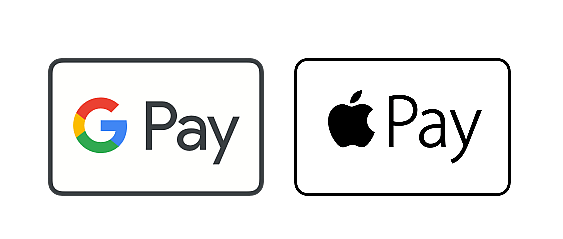Course Description
Improve productivity with Python due to its simplicity. Python has lots of support and is very portable, where you can write once and read anywhere, unlike C/C++.
Learn the fundamentals of Python and how to program using this popular programming language by taking our four day virtual classroom course.
You will be taught the programming skills required to develop applications using Python’s language features, third-party software packages, and standard library modules.
Key Learnings Include:
- Python Basics
- Functions and Modules
- Maths
- Python Strings
- Iterables
- Virtual Environments
- Flow Control
- Exception Handling
- Python Dates and Times
- File Processing
- PEP8 and Pylint
Modules Covered
Python Syllabus
Learning Outcomes:
- Work with Python, use variables, output data, collect user input, and write simple Python functions and modules.
- Define functions with or without parameters
- Understand variable scope and how to import modules.
- Perform basic math in Python.
- Use the math and random modules for extended math functionality.
- Manipulate and format strings.
- Understand lists, tuples, ranges, dictionaries, and sets.
- Understand the *args and **kwargs parameters.
- Create and use virtual environments.
- Install packages with pip.
Python Basics
- Getting Familiar with the Terminal
- Running Python
- Running a Python File
- Literals
- Variables
- Constants and Deleting Variables
- Writing a Python Module
- print() Function
- Collecting User Input
- Reading from and Writing to Files
- Exercise: Working with Files
Functions and Modules
- Defining Functions
- Variable Scope
- Global Variables
- Function Parameters
- Returning Values
- Returning Values
- Importing Modules
- Methods vs. Functions
Maths
- Arithmetic Operators
- Assignment Operators
- Precedence of Operations
- Built-in Math Functions
- The math Module
- The random Module
Python Strings
- Quotation Marks and Special Characters
- String Indexing
- Slicing Strings
- Concatenation and Repetition
- Combining Concatenation and Repetition
- Python Strings are Immutable
- Common String Methods
- String Formatting
- Formatted String Literals (f-strings) (introduced in Python 3.6)
- Built-in String Functions
Iterables
- Definitions
- Sequences
- Lists
- Sequences and Random
- Tuples
- Ranges
- Converting Sequences to Lists
- Indexing
- Slicing
- min(), max(), and sum()
- Converting between Sequences and Strings
- Unpacking Sequences
- Dictionaries
- The len() Function
- Sets
- *args and **kwargs
Virtual Environments
- Packages with pip
Flow Control
- Conditional Statements
- Compound Conditions
- The is and is not Operators
- all() and any() and the Ternary Operator
- In Between
- Loops in Python
- Break and continue
- Looping through Lines in a File
- The else Clause in Loops
- The enumerate() Function
- Generators
- List Comprehensions
Exception Handling
- Exception Basics
- Generic Exceptions
- The else and finally Clauses
- Using Exceptions for Flow Control
- Raising Your Own Exceptions
Python Dates and Times
- Understanding Time
- The time Module
- Time Structures
- Times as Strings
- Time and Formatted Strings
- Pausing Execution with time.sleep()
- The datetime Module
- datetime.datetime Objects
- datetime.timedelta Objects
File Processing
- Opening Files
- Writing to Files
- The os Module
- os.walk()
- The os.path Module
- A Better Way to Open Files
PEP8 and Pylint
- PEP8
- Pylint
Python Exam Details
There is no exam for this course.
Accreditation
This course is nationally accredited by Microsoft - Training and Certification Courses
Benefits
- Certified & Experienced Trainers
- Join a community of over 615,000
- Interest-free Payments
Eligibility
Our Python training course has been developed for individuals who are new to Python, or for those without much experience using this programming language.
As this is a foundation level course, there are no prerequisites to enrol onto this course. It would be beneficial if you have some understanding of IT, programming and other programming languages, although this is not essential.




